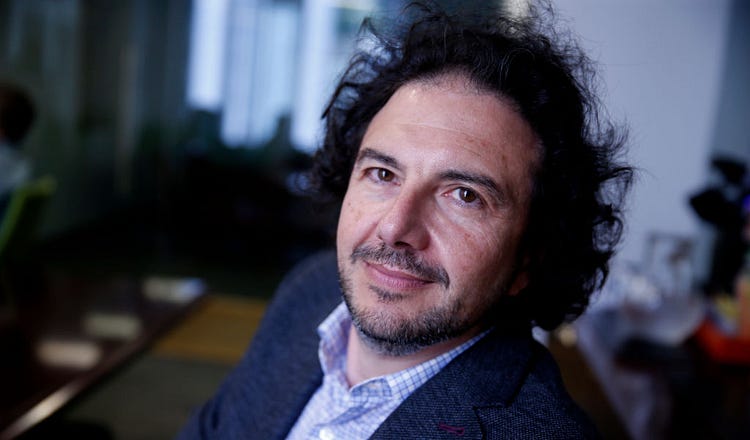
The storm that Donald Trump unleashed when he outlawed diversity, equity, and inclusion (DEI) programs by recipients of federal funding has thrashed Cambridge, Massachusetts. Harvard is in danger of losing its international students, its tax-exempt status, and about $3 billion in funding. Worry is deepening that the president will go after the Massachusetts Institute of Technology or other research institutions next. That might explain why MIT president Sally Kornbluth announced last week that MIT will shut down its DEI program. “Our success depends on attracting exceptionally talented people of every background,” she said, adding that “community is best built locally rather than top down.”
It wasn’t so long ago that DEI offices had enormous power on campus, where they could sway hiring decisions or help bring down even world-renowned faculty members.
Just ask David Sabatini. He was a molecular biologist working in Cambridge to figure out a protein called mTOR, which plays a critical role in tumor development, and he was at the top of his field. His research laid some of the groundwork for drug discoveries around organ transplantation and cancer treatment, and he was predicted to win the Nobel Prize. But Sabatini was fired in August 2021 from the job that paid his salary and resigned from two others, his name and reputation destroyed.
He had been working in science for about 25 years without so much as a complaint, he told me. But then Kristin Knouse, a fellow researcher with whom Sabatini had a consensual relationship, accused him of sexual harassment. “I lost everything,” he told me back in 2022. “My whole life imploded.”

